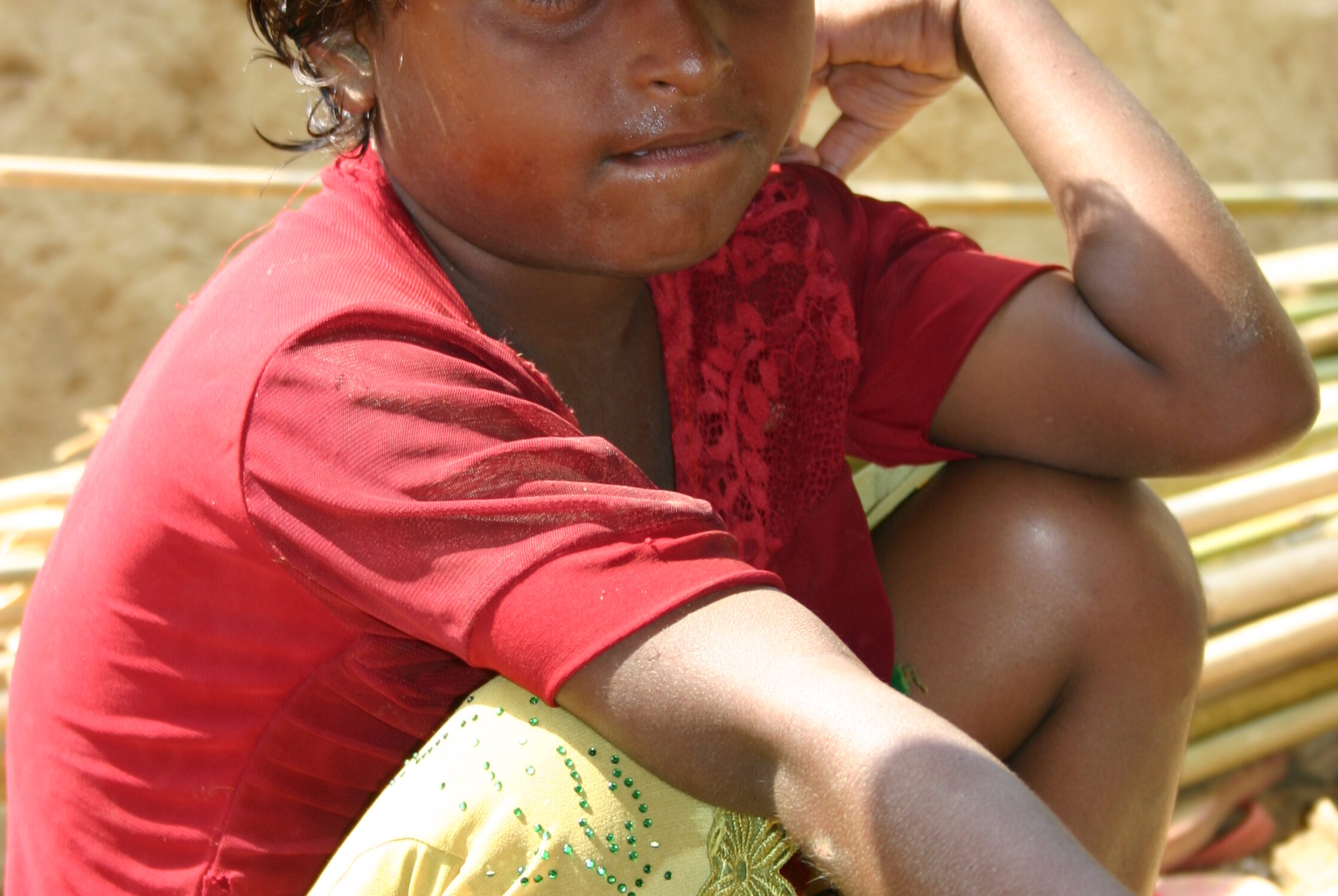Aid Restrictions Endangering Rohingya Ahead of Monsoons in Bangladesh

This Refugees International (RI) report warns that a humanitarian catastrophe is imminently threatening nearly one million Rohingya refugees in Bangladesh. Survivors of the brutal campaign of ethnic cleansing in Myanmar, the Rohingya refugees in Bangladesh now face the onset of the monsoon and cyclone seasons. The humanitarian response, including preparation for the monsoon season, has been significant and substantial – but it has also been hamstrung by obstacles and lack of effective management and coordination by the government of Bangladesh and the United Nations system. Failure to overcome these challenges is unnecessarily putting lives at risk.
“The humanitarian response…has been hamstrung by lack of effective management and coordination by the Government of Bangladesh and the United Nations system.”
RI’s findings, based on a mission to Rohingya camps in Bangladesh and dozens of interviews with UN and Government of Bangladesh officials, humanitarian workers, and Rohingya refugees, are highlighted in a just-released report: Unnatural Disaster: Aid Restrictions Endangering Rohingya ahead of Monsoons in Bangladesh.
The Government of Bangladesh, while deserving great credit for hosting nearly one million Rohingya, has at the same time refused to recognize Rohingya as refugees and to offer the rights and protections that go with that status. The government has restricted the use of more durable materials to build shelters and has made it difficult for international humanitarian organizations to assist Rohingya through onerous visa and project approval processes. It is also pursuing a proposal to relocate the Rohingya refugees to Bhashan Char Island in the Bay of Bengal, posing unacceptable risks to their well-being since the island is prone to significant cyclone and flooding risks.

The UN system has created its own inefficiencies through a unique and complex hybrid international humanitarian structure in Bangladesh, with unclear lines of coordination and accountability. This has led to inconsistencies and delays in meeting needs on the ground, most urgently, undercutting efforts to prepare for the monsoon and cyclone seasons.
In order to address the challenges of the monsoon and cyclone season, RI makes the following recommendations.
To the Government of Bangladesh:
* Remove bureaucratic barriers hindering the humanitarian activities of international nongovernmental organizations (NGOs), including establishing clear and consistent guidance for NGO registration, project approvals, and visas.
* Refrain from moving the Rohingya to Bhashan Char Island in the Bay of Bengal, in recognition of serious concerns about protection, freedom of movement, access to livelihoods, logistics, and the availability of aid and services—in addition to significant cyclone and flooding dangers.
* Recognize that the Rohingya are refugees with accompanying rights—including access to justice, health services, cash and livelihoods, and education, as well as freedom of movement—and allow aid organizations to provide these types of services.
To UN Agencies, Member States, and Donors:
* Donors should fully fund the efforts laid out in the 2018 Joint Response Plan for the Rohingya humanitarian crisis (currently funded at just 17 percent), including life-saving aid for Rohingya refugees and the local host community in Bangladesh.
* As a matter of urgency, the leadership of the three key UN humanitarian agencies – the UN Refugee Agency (UNHCR), the International Organization for Migration (IOM), and the Office for the Coordination of Humanitarian Affairs – should carry out a joint visit to Bangladesh to develop and adopt measures to strengthen management, coordination, coherence, and accountability in the international response.
The report also highlights that the root causes of this crisis, as well as any ultimate solution, lie within Myanmar. International pressure and advocacy must remain focused on that nation’s government, which is responsible for both ethnic cleansing and crimes against humanity. At the same time, it is clear that most of the Rohingya refugees are unlikely to be able to return to Myanmar in the near future. Steps must be taken to ensure that both their humanitarian and protection needs are met.
